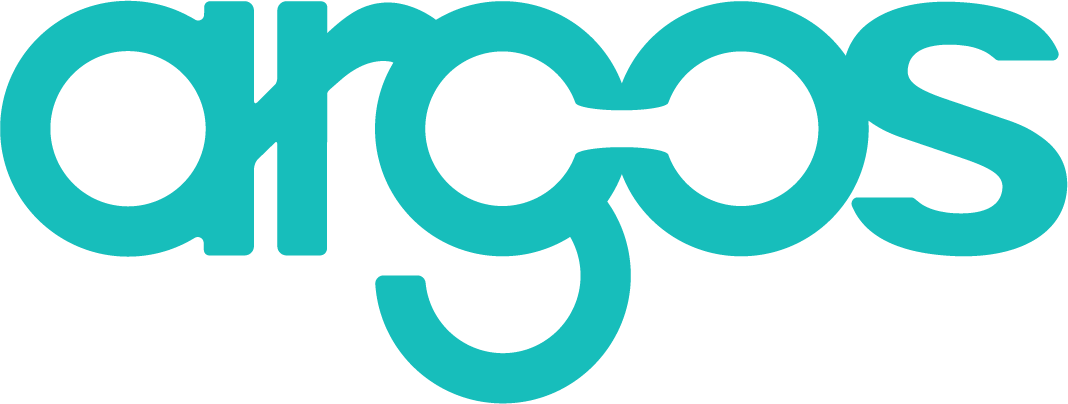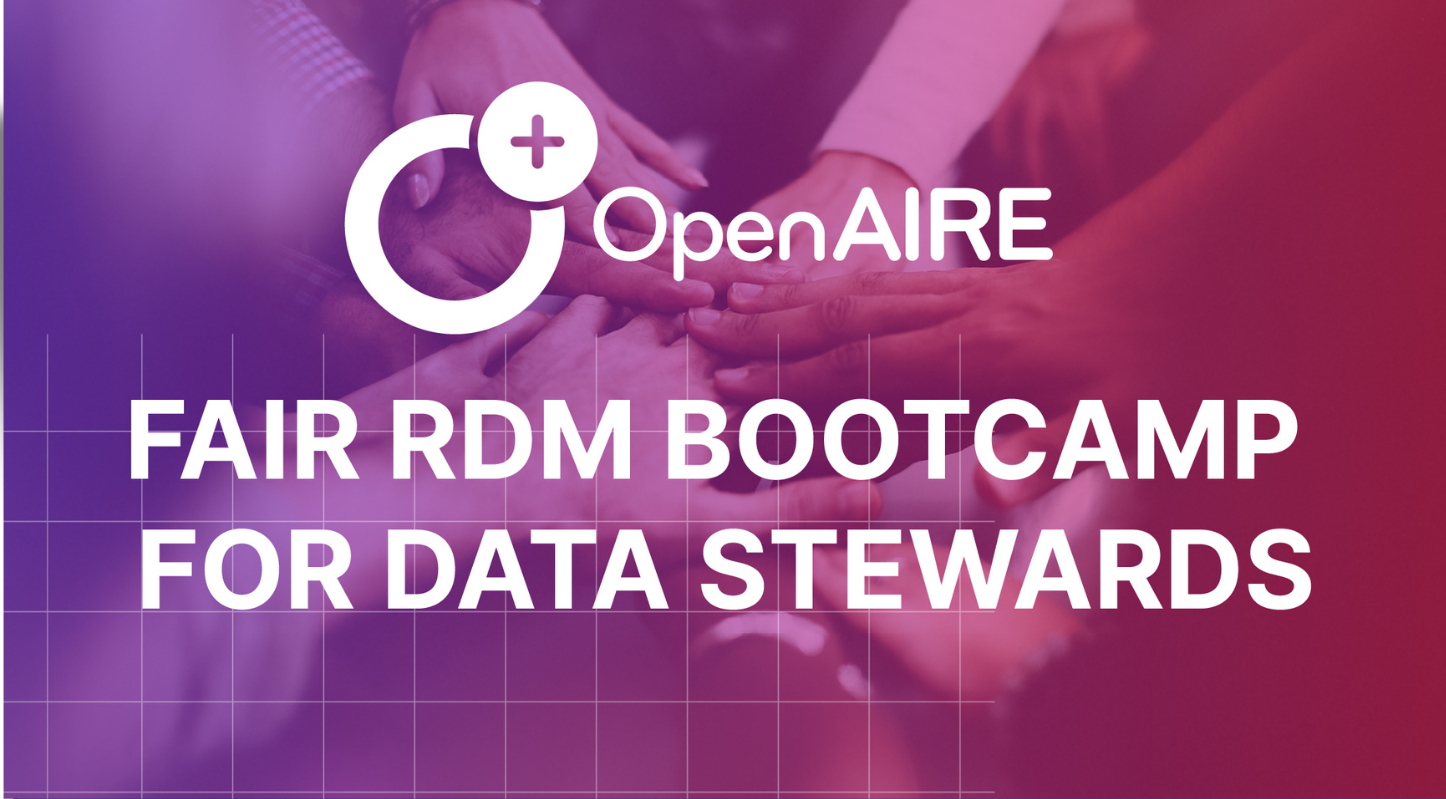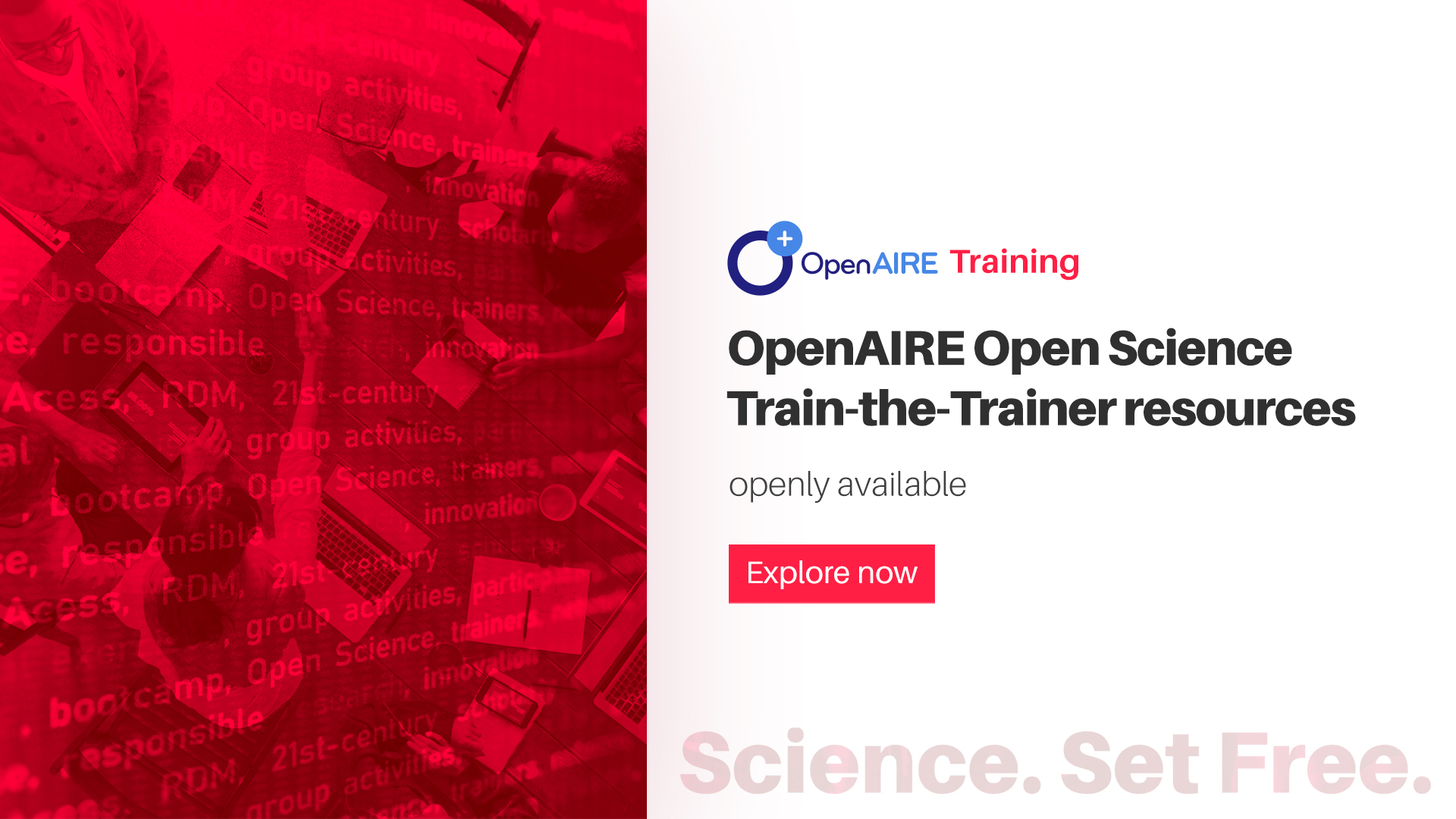
The curriculum developed through the collaboration between Research4Life, DOAJ, and ASSAf spans five clusters of four weeks each, structured into four distinct modules:
-
DOAJ Introduction & Overview: This initial module provides a foundational understanding of the Directory of Open Access Journals, detailing its mission to enhance the visibility and usability of open access scholarly journals. It introduces participants to the criteria for inclusion in the DOAJ and the benefits of being listed, supported by slides and a video presentation.
-
Submitting a Scholarly Journal Application to DOAJ: The second module guides participants through the process of applying for DOAJ inclusion. It covers the detailed requirements for submission, such as demonstrating a robust peer-review process and providing clear information about journal ownership and policies. This module also includes practical slides and a video to aid understanding.
-
Best Publishing Practices for Scholarly Journals: This module emphasizes the importance of adhering to best publishing practices to ensure the integrity and credibility of scholarly communications. Participants learn about maintaining high standards in publishing, including ethical guidelines and transparency, critical in the fight against predatory publishing.
-
Maintaining Research Integrity and Ethics: The final module focuses on the ethical aspects of scholarly publishing. It discusses how to uphold research integrity, the use of AI tools in publishing responsibly, and the importance of human oversight in the publishing process.
Each module is designed to equip editors and publishers, particularly from lower- and middle-income countries, with the knowledge and tools necessary to improve their journals' quality and reach, furthering the global Open Science movement.




